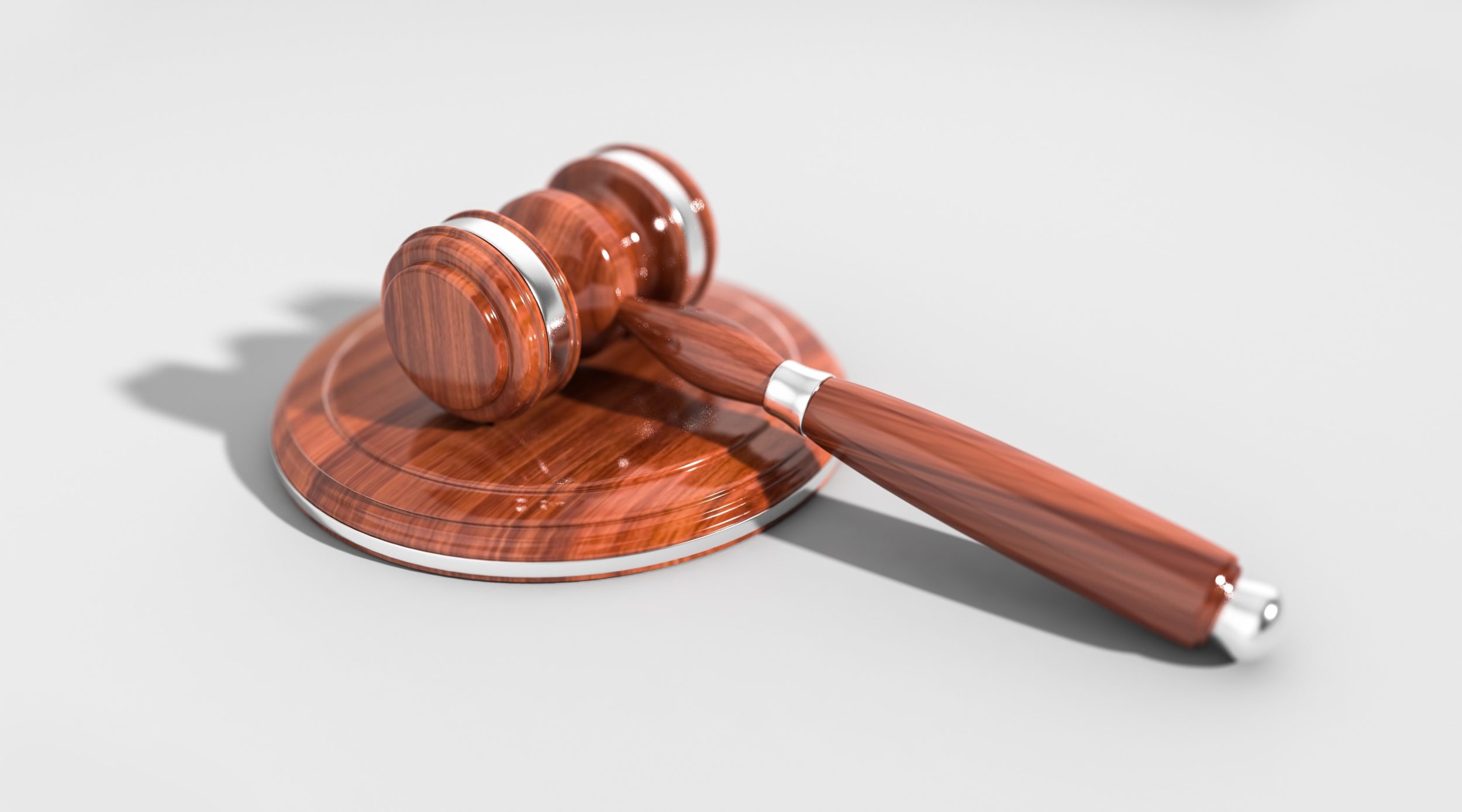In summary, Intervention Orders are legal tools used to prevent unwarranted, intimidating and harassing contact or communication by one person on another.
The allegations which most commonly result in an Intervention Order being made are those of abuse either financial, emotional or physical.
If you have been served with an Intervention Order, the first thing you should do is to check whether the Applicant has been granted an Interim Intervention Order, that is an Intervention Order which will limit certain contact until the matter is listed for a further court hearing.
Whilst an Application for an Intervention Order is not a criminal matter, criminal charges may arise if you breach an Interim Intervention Order. Criminal charges may have serious consequences. It is important that you read the Interim Intervention Order carefully and seek legal advice immediately if you are unsure whether your conduct will breach the Interim Intervention Order.
If an Interim Intervention Order is not already in place, the Application for an Intervention Order will have a Court date. This is the first Court date and will be a directions hearing or a mention hearing. This is the first time you and the Applicant will be in Court for the matter. Whilst the application will not be heard on this day on a final basis it is a good opportunity for your lawyer to have negotiations with the Applicant of his/her lawyer to see if the matter can be resolved.
An Application for an Intervention Order can be resolved in the following ways:
- With the application being withdrawn;
- The application being consented to without admitting the allegations contained in the allegations resulting in an Interim Intervention Order being made; or
- The application being withdrawn and the Respondent consenting to an Undertaking (a promise to the Court) that he/she will not do certain acts or things.
If the matter is unable to resolve, it will be adjourned to another Court date prior to which the Applicant is likely to be ordered to file what are called “Further and Better Particulars” describing in detail the allegations with supporting evidence, which led to the Application for an Intervention Order. The Respondent may be ordered to file a Response to the Further and Better Particulars.
If the matter does not resolve it will eventually be listed for a contested hearing.
Do I need a lawyer?
Whilst, technically, you are not required to see a lawyer unless the matter proceeds to a contested hearing, it is always best to seek legal advice as soon as you are served with an Application for an Intervention Order. This will allow you to work at the most effective way to challenge or resolve the application.
Our lawyers are very experienced in dealing with Intervention Order matters.
If you require any further advice or any further information on the matters discussed in this article please contact our Family & Relationship Law team on 03 5273 5273.













